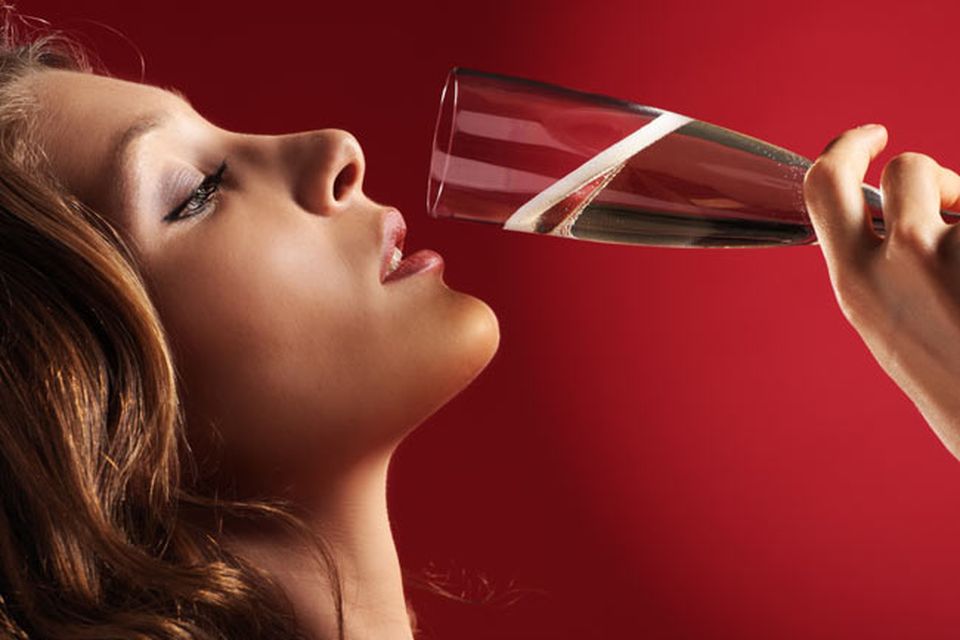In a world filled with revelries and social rendezvous, the enticement of alcohol can be an irresistible force. The allure of alcohol is pervasive, from the clinking of glasses during festive occasions to the intimate ambiance of a softly lit tavern. While moderate indulgence in alcohol may be customary in many cultures, it’s crucial to acknowledge and confront the hurdles associated with the enchanting nature of this libation.
The Fascination with Alcohol:
Alcohol has been interwoven into social, cultural, and even religious practices for centuries. Its capacity to lower inhibitions and induce a sense of relaxation makes it a favored choice for those seeking respite from the rigors of daily life. However, the delicate balance between moderate consumption and unrestrained indulgence often becomes blurred, leading to an array of physical, mental, and social repercussions.
Social Expectations:
One of the primary seductions of alcohol emanates from societal conventions and expectations. Social gatherings frequently orbit around the presence of alcohol, and the pressure to conform to these norms can be overwhelming. Be it an informal get-together with friends or a formal corporate event, the ubiquity of alcohol can present a formidable challenge for those opting for sobriety.
Coping Mechanisms:
Many individuals turn to alcohol as a coping mechanism for stress, anxiety, or other emotional tribulations. The transient solace that alcohol provides can cultivate a cycle of dependence, making it challenging for individuals to address the root causes of their emotional distress. Breaking free from this cycle necessitates a conscious effort to adopt healthier coping strategies.
Health Ramifications:
The allure of alcohol also resides in its perceived capacity to enhance social experiences and alleviate stress. Nevertheless, it is imperative to acknowledge the potential health consequences associated with immoderate alcohol consumption. From liver ailments to an escalated risk of accidents, the toll on physical health is substantial.
Enter Dry January:
Acknowledging the imperative for a recalibration, numerous individuals have embraced the concept of Dry January. This global health initiative encourages individuals to abstain from alcohol for the entirety of January, fostering a rejuvenated start to the new year. The movement has gained traction as a means of reassessing one’s relationship with alcohol and experiencing the advantages of abstinence.
Advantages of Dry January:
1. Physical Well-being: Abstaining from alcohol allows the body to undergo a natural detoxification process. The liver gets a respite, and individuals often report enhanced sleep, increased energy levels, and even weight loss.
2. Mental Acuity: Alcohol can impair cognitive function, affecting decision-making and concentration. During Dry January, individuals often experience heightened mental acuity and improved focus.
3. Emotional Fortitude: Without the crutch of alcohol, individuals are compelled to confront and cope with their emotions in healthier ways. This can lead to increased emotional resilience and a better understanding of one’s mental well-being.
4. Financial Prudence: The cost of regular alcohol consumption can accumulate significantly. Dry January provides a financial incentive as individuals save money by refraining from purchasing alcoholic beverages.
Navigating the Trials:
While the benefits of Dry January are evident, navigating the challenges of breaking the alcohol habit requires a strategic approach. Here are some tips to successfully complete Dry January and potentially reassess one’s relationship with alcohol:
1. Establish Clear Objectives: Define your reasons for participating in Dry January. Whether it’s for health, mental clarity, or financial savings, having a clear goal can serve as motivation throughout the month.
2. Build a Support Network: Inform friends and family about your commitment to Dry January. Having a support system can provide encouragement and accountability, making it easier to resist temptations.
3. Explore Non-Alcoholic Alternatives: There’s a burgeoning market for non-alcoholic beverages that emulate the taste and experience of traditional alcoholic drinks. Experimenting with these alternatives can help satisfy the desire for a social beverage without the alcohol content.
4. Engage in Novel Hobbies: Utilize the newfound time and energy to explore hobbies and activities that don’t involve alcohol. Whether it’s joining a fitness class, attending cultural events, or picking up a creative pursuit, diversifying your interests can make the month more fulfilling.
Conclusion:
The seductions of alcohol are undeniably formidable, given its entrenched presence in social and cultural contexts. However, initiatives like Dry January offer individuals an opportunity to liberate themselves from the allure of alcohol and reassess their relationship with it. By navigating the trials and concentrating on the benefits of sobriety, participants can not only successfully complete the month but also potentially cultivate healthier habits in the long run. As we raise our glasses to the new year, let us also elevate awareness about the significance of mindful alcohol consumption and the transformative potential of a dry month.

